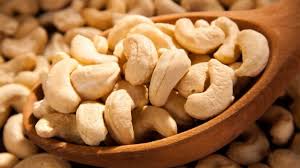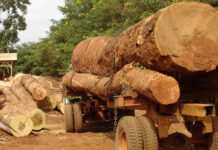Rita Weidinger, the Executive Director-Competitive Cashew Initiative (ComCashew), once noted that if Ghana processes its total production of 110,000 metric tonnes of raw cashew nuts (RCN) and its shells, at least 3,000 jobs would be created in rural communities.
Cashew processing is a relatively young sector in West Africa, including Ghana. Therefore, processing factories are few. Out of the 13 processing factories established in the country, only two were operational in 2017. The following year, six processors were operational.
Today, Ghana has 14 processing companies with total installed capacity of about 65,000 metric tonnes. However, due to competition for raw cashew nuts (RCNs) with traders who source RCNs for export, the local processing companies usually find it difficult to compete for RCNs.
Last year, about 120,000 metric tonnes of raw cashew nuts valued at US$378million was exported for processing. This year, due to the COVID-19 pandemic, MOFA has encouraged and supported indigenous cashew processors to take advantage of the limited number of traders to stockpile RCNs for local processing.
Due to this arrangement, seven local processing companies which were otherwise closed down due to stiff competition for RCN started operation. One area in the cashew value chain that remains underutilised in the country is processing.
Access to raw cashew nuts for processing has been a challenge faced by processors. There is an unhealthy competition for the raw commodity. It is fuelled by excessive exports of RCN to countries like India and Vietnam.
There is still a lot of untapped potential in the cashew sector, especially in processing and value addition. Setting up the Ghana Tree Crop Development Authority (GTCDA) that seeks to manage and promote the value chains of four tree crop – namely cashew, oil palm, shea and rubber – will help in regulation of the cashew sector, which offers a glimmer of hope to players along the value chain.
Two years ago (2018), cashew contributed US$4196million to the country’s economic sector, representing 53% of overall value for the country’s non-traditional export sector.
Cashew is indeed gaining importance as a commodity, and while the African continent is the largest cashew producer with over 50% of worldwide production, a mere 5-6% of cashew produced on the continent are locally produced.
That is why calls for government to strengthen the processing of raw nuts and fruit of the tree crop will benefit the local industry.










